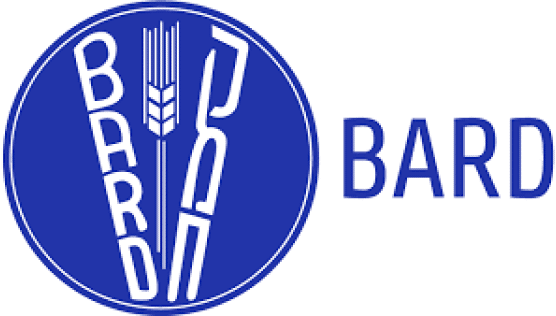Mission and Vision
The primary rational of BARD’s activities is to bring together U.S. and Israeli scientists to confront important agricultural challenges that are common to the two countries.
Our mission
To stimulate, promote and support mission oriented, strategic, and applied research of Agriculture, food and Nutrition challenges jointly conducted by American and Israeli Scientists
Our vision
To catalyze purpose-driven research and collaborative innovation in Agriculture, Food, and Nutrition, transforming global future food systems with more sustainable approaches.
The Binational Agriculture Research & Development Foundation
BARD Established in 1977, BARD is a competitive funding program that supports collaborative agricultural research in areas of mutual interest to the U.S. and Israel. The primary mission of BARD is to bring together U.S.
BARD also supports international workshops and offers fellowships for postdoctoral research, senior research scientists and graduate students. Over 40 years, BARD approved more than 1,300 research projects with total investment of $315 million.
BARD-funded research outputs led to new agriculture practices, commercial engagements, patents and breeding rights licenses, which serve as a growth engine to both US and Israeli economies. An independent external review showed at least $16 gained for every $1 spent in the program since its inception.
